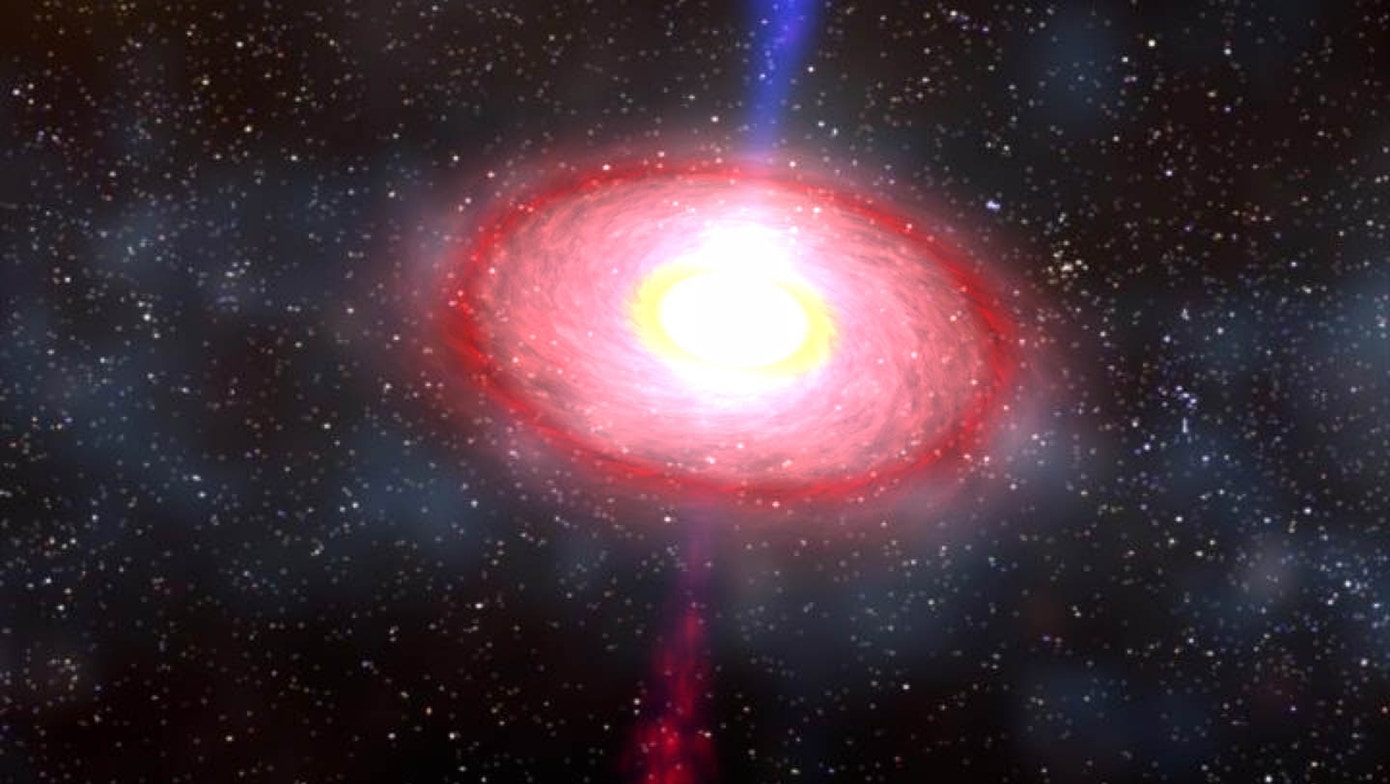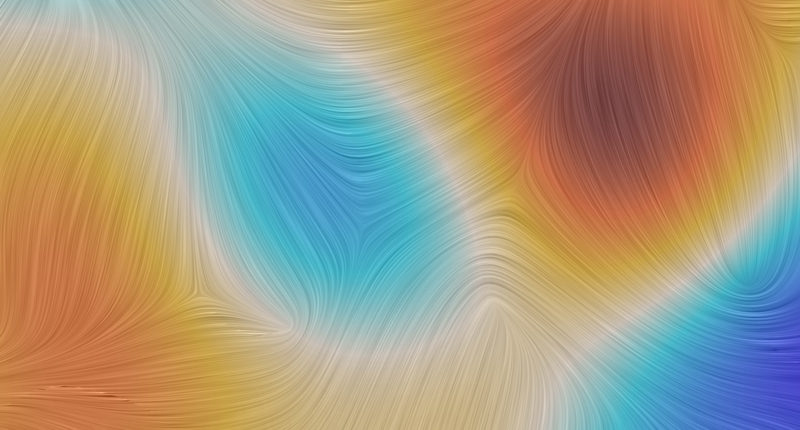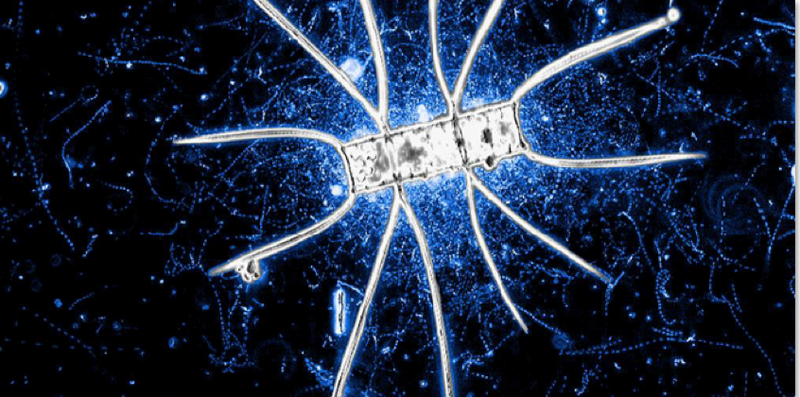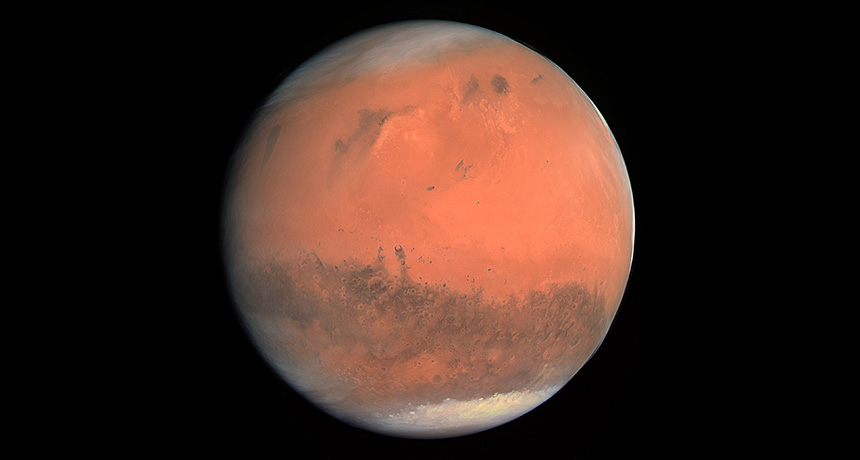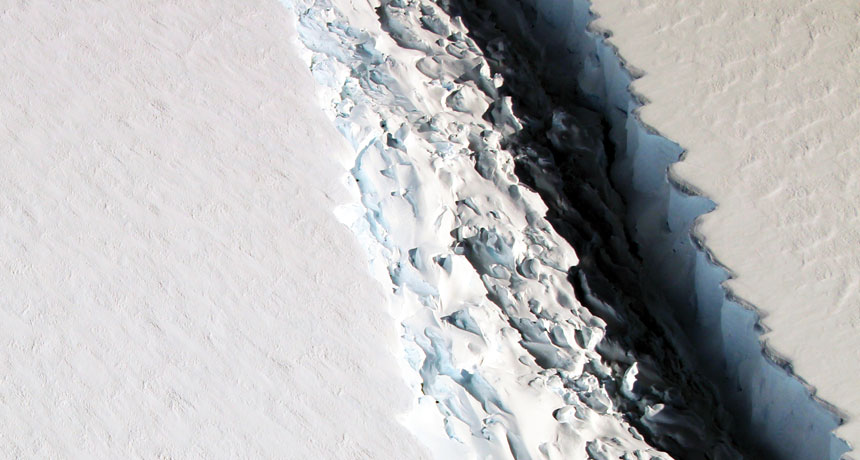
The Eternal Sky, Part 2: The Hunt for Inflation
Simons Foundation, October 2017From an observatory perched high in the Chilean mountains, scientists hope to uncover what happened during the tiniest fraction of a second following the birth of the universe. Their search could lend further support to the Big Bang theory or open the door to alternative origin theories.
Short blurb for the latest installment of a video series on the Simons Observatory.

